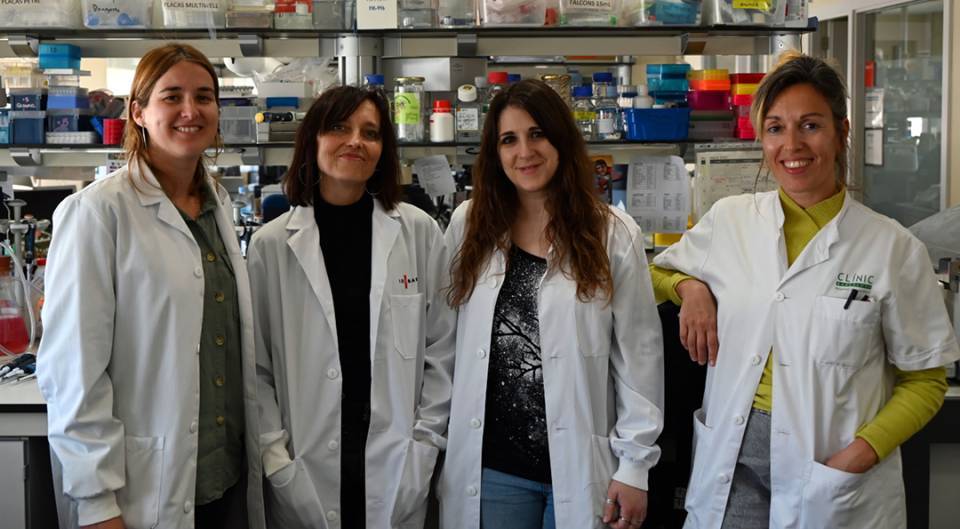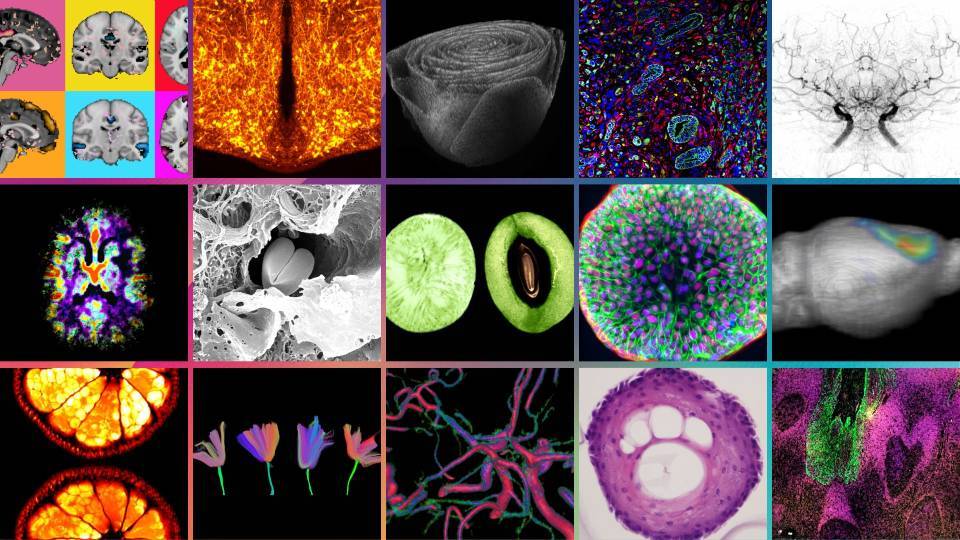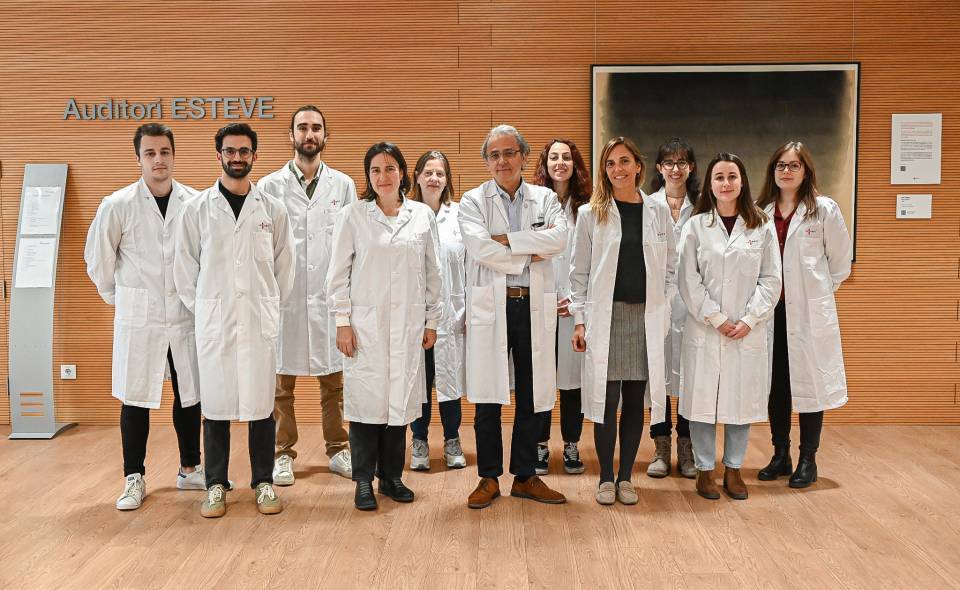Direct reprogramming enables the transformation of one specialised cell type into another, without the need for passing through an intermediate state of pluripotent stem cells. In diseases such as type 1 diabetes, this technique is postulated as a strategy for replacing pancreatic beta cells, which are in charge of secreting the insulin hormone. “At present, pancreatic islets from donors are implanted”, explains Rosa Gasa, a researcher from the IDIBAPS Translational research in diabetes, lipids and obesity research group led by Josep Vidal. “Despite that, the process of isolation which is carried out postmortem is not very efficient and for each patient, between two and three donors are needed. For this reason, the intervention is carried out in those cases where the level of blood glucose cannot be controlled using other methods. Alternatives need to be developed”.
Gasa is leader of a study published in the journal Communications Biology signed by Marta Fontcuberta-PiSunyer as first author, which describes how to transform skin fibroblasts into insulin-producing beta cells, by simply introducing five transcription factors, proteins that bind to the DNA and regulate gene expression. Cutaneous fibroblasts are easy to obtain, manipulate and cultivate in the laboratory. Furthermore, various protocols have been described to convert them into hepatic, cardiac, endothelial, or neuronal cells, but to date, nobody had successfully managed to reprogramme them directly into beta cells.
“Our protocol is shorter and simpler than that used to generate insulin-producing cells from stem cells. It also reduces the risk of tumour formation associated with pluripotency status”, the researcher affirms. Once isolated, fibroblasts originating from human skin samples are maintained in a culture. Transcription factors are introduced into the cells via genetically modified adenoviruses. “First, we administer Neurog3, Pdx1 and MafA together to start up the transformation. After a few days have elapsed, we sequentially add Pax4 and Nkx2-2, which reinforce the specific conversion of the fibroblasts towards the pancreatic beta lineage”.

In total, the process takes 10 days, and the resulting cells produce and secrete insulin in response to the concentration of glucose present in the culture medium and once transplanted in an animal model. “Our study is a proof of concept. In other words, it shows the potential of direct reprogramming to generate functional beta cells, but it is still necessary to optimise the process to obtain cells as similar as possible to primary beta cells”, indicates Gasa. “Now we are at this point. We are conducting new tests that enable us to advance towards clinical applications, such as self-transplants. The extraction, modification, and implantation of transformed own fibroblasts reduces the risk of rejection and therefore the need for immunosuppressive treatments. Overall, it would contribute towards improving the treatment and management of type 1 diabetes”.
The study, in which researchers have participated from the Pompeu Fabra University, Vic University, and the Bioengineering Institute of Catalonia, has received funding from the Diabetes Association CERO, the TV3 Marató Foundation, the Carlos III Health Institute and the European Foundation for the Study of Diabetes.
Reference article
Marta Fontcuberta-PiSunyer, Ainhoa García-Alamán, Èlia Prades, Noèlia Téllez, Hugo Alves-Figueiredo, Mireia Ramos-Rodríguez, Carlos Enrich, Rebeca Fernandez-Ruiz, Sara Cervantes, Laura Clua, Javier Ramón-Azcón, Christophe Broca, Anne Wojtusciszyn, Nuria Montserrat, Lorenzo Pasquali, Anna Novials, Joan-Marc Servitja, Josep Vidal, Ramon Gomis and Rosa Gasa. Direct reprogramming of human fibroblasts into insulin-producing cells using transcription factors. Commun Biol 6, 256 (2023).




